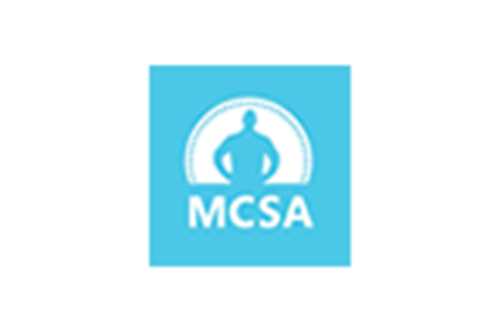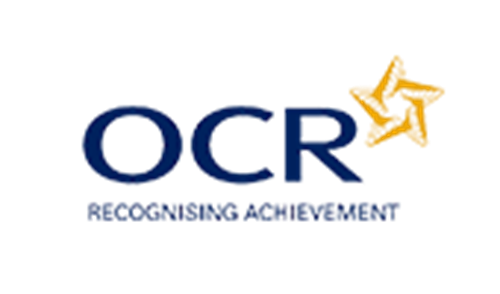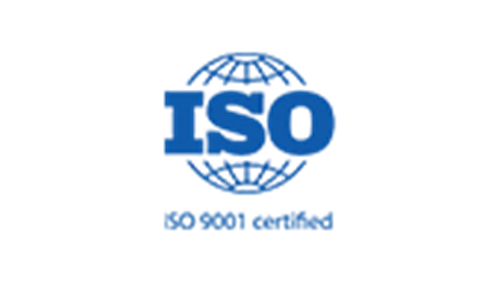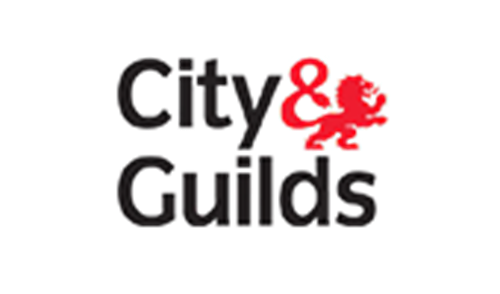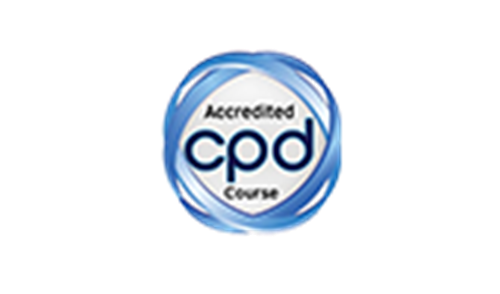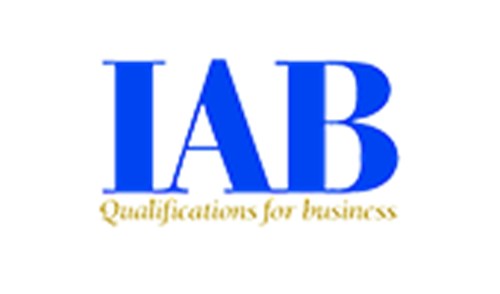Will qualifications or qualities give you the wow factor?
Over the last few years I've been involved in many conversations as to whether qualifications or qualities are what give prospective employees the edge. Do people feel reassured by the pieces of paper with proof of academic achievement, or when all's said and done, is it that spark that really opens doors?
Obviously, we want prospective employees to have a sound education. I favor high quality vocationally focused further education that helps prepare students for the real world of work. Our industry is particularly great at this and there is huge value in achieving sector specific qualifications that prove you have a good grounding for the role.
I have seen many Assistants lament over job adverts that state a degree is required and I can see why this would anger you if you haven't gone down that road. It is not a factor that determines how good you will be at your job, rather a qualifying mechanism that some employers choose as part of their filtering process.
At 21, I did have an arm full of qualifications, but looking but I don't think I was that much use in the workplace – at least initially. I was a hard worker, willing and able to learn, and was fortunate enough to pursue a career where further training was part of my career development. Yes, the academic qualifications proved that I had certain abilities, but it was more likely my personal impact that got me the job.
I think it is fair to say that today, when the job market is so competitive, you have to find ways to stand out. Interpersonal and communication skills will ultimately be the greatest determining factor in successful interviews, but also ongoing success in the workplace.
Having recently carried out a round of interviews myself, I've been thinking a lot about the factors that really drew me to people. According to studies done by the University of Glasgow, prospective employers make judgements in just half a second. What's more, as soon as that half second is up, their subconscious confirmation bias kicks in and they actively look for reasons to confirm their initial impression.
Employers spent on average 6-10 seconds reviewing a CV (what a shame after the hours you slaved over its preparation!), but this first impression statistic seems outrageously dismissive. Perhaps it is over-hyped, but the fact remains that our emotional connection to someone undoubtedly affects our overall view of them and their suitability.
Organisational Psychologist Nicolas Roulin, Author of The Psychology of Job Interviews describes them as "a matching game, one that interviewee and interviewer must play in order to define whether there is enough of a fit to start an employment relationship." As an employed Assistant, perhaps you're looking for career progression or as a selfemployed Assistant maybe you regularly feel 'interviewed' by potential clients. I thought I'd share my top tips for making an impression.
Top Tips
1. Be prepared for the kind of questions you may be asked
Much of your success will be down to preparation. How prepared are you? How well have you researched the business? Have you really got under the skin of it? Do you feel passionate about the impact you could make? Have you visualised how your role fits in to the wider business and how you can add value? Feeling confident about why you would be an asset is a great start- just be careful not to cross the border to overconfidence. Assistants hold many cards when integrated into a business. Look at the potential role from your Executive's perspective. How would you answer these questions?
1 Can I trust you?
Assistants hold a lot of confidential information, and can find themselves in a position of power. Any prospective employer will need to feel they have your loyalty from day 1. Consider past experiences that might offer reassurance to them.
2 How do you perceive success?
This question could be a bit tricky – the purpose is to determine what drives you – i.e. do you want to have an impact on the commerciality of the business and improve bottom line with efficiency and productivity measures? – or is your idea of success more based around improving the workplace environment with systems and processes that would ease workloads? Is success to you based on monetary reward or a promotion? These factors determine what kind of employee you would be.
3 How will you benefit my wider team?
Often an Assistant crosses paths with many departments and an experienced Assistant will have many skills of use to the wider team; it may also be the case that you will have a team to manage. Here's your chance to offer ideas on how you could work with other team members, to add value to them, as well as your direct manager. Show that you can be a facilitator and not just a lone worker and highlight how you could help support others.
4 Are you business minded?
To add value to an Executive, they need to know that a senior hire has business acumen; on top of your technical and operational skills that you are capable of thinking strategically. You are worth much more to an Employer if you can demonstrate you can contribute commercially. Try to talk numbers and results on previous impacts you have made in other roles. Also mention examples of where
you have supported an organisation's vision, mission and goals so they know you can be called upon as their sounding board in that area too. When the preparation is done then focus on creating that spark.
2. Align yourself with your interviewer from the second you meet
As your interviewer approaches, subtly mirror their behaviour. Anybody that works in sales knows that empathy and mirroring are two key techniques. It is better if it's something that comes naturally, however an interview situation can be very stressful so you might need to be actively conscious of it. It's also worth remembering that we're not all natural sales people, so it pays to learn a few tips on
how to make the best first impression.
3. Present your case well
As mentioned above, the average time an interviewer spends looking over your CV is woefully short, so make their job easier by offering a brief overview of your experience. A clear concise overview delivered well puts you in control of the situation, and more importantly helps them to do their job.
4. Be You
When you're talking, be expressive. This is what brings you to life and gives an insight into your character and communication skills. Don't let nervousness make you frozen in place - it's good to talk with your hands as long as you don't go too overboard.
5. Be Open
If there are any concerns the interviewer raises don't be defensive; being open with your response that shows you are prepared to listen to objections and discuss rationally. Sometimes employers like to play devil's advocate and it is key to not fall into the trap of then being on the back foot. Try to identify anything in advance that they may highlight – gaps in your CV, lack of qualifications, moving around in jobs, no sector specific experience. Have an answer already prepared that turns a negative into a positive.
6. Remember it's a two-way street
We won't all succeed at every interview, but remember that this is a two-way process. You are interviewing the employer as much as the other way around. It's a big step and crucial to accurately assess whether the ethos and atmosphere of the prospective employer feels right for you.
Try to look at every interview opportunity as just that - an opportunity to not only get the job, but to meet someone new, learn about another business, and hone your first impression skills for the next time. People buy from people and the same theory applies when recruiting. Qualities are king – match these with highly relevant qualifications and you're laughing.
This article first appeared in Executive Secretary Magazine, a global training publication and must read for any administrative professional. You can get a 30% discount when you subscribe through us. Visit the website at www.executivesecretary.com to find out more or to get your 30% discount email lbrazier@executivesecretary.com and tell them we sent you.


